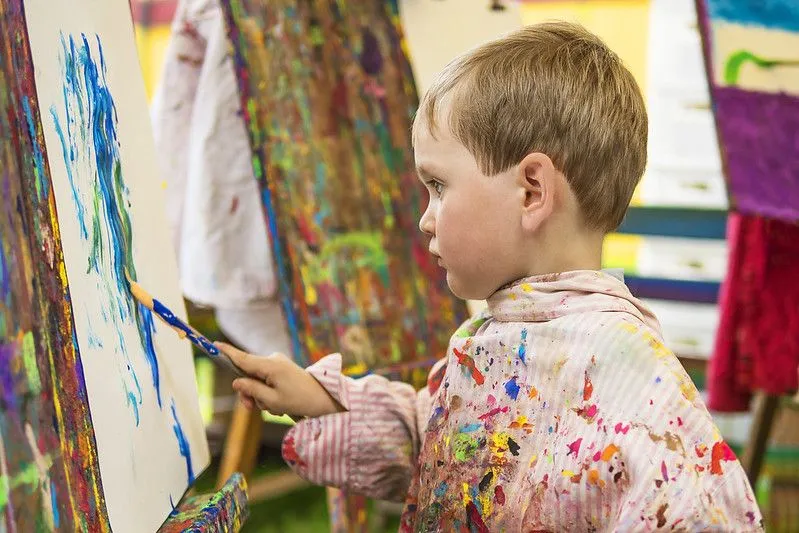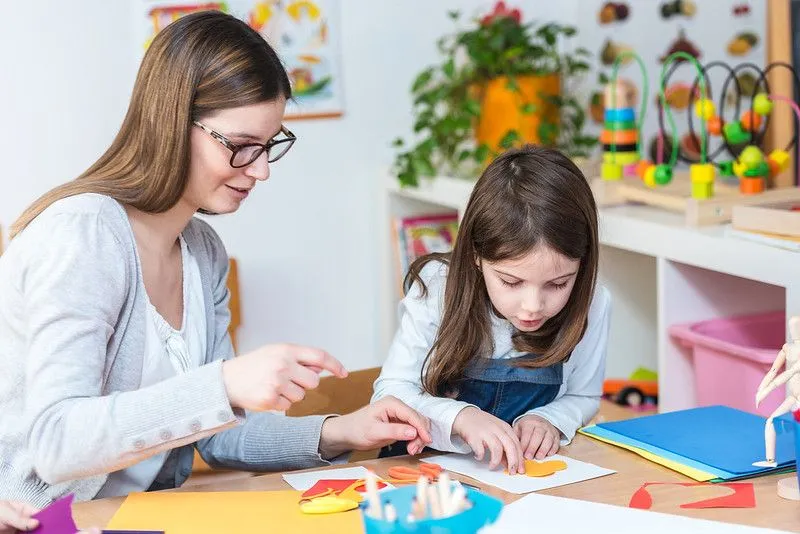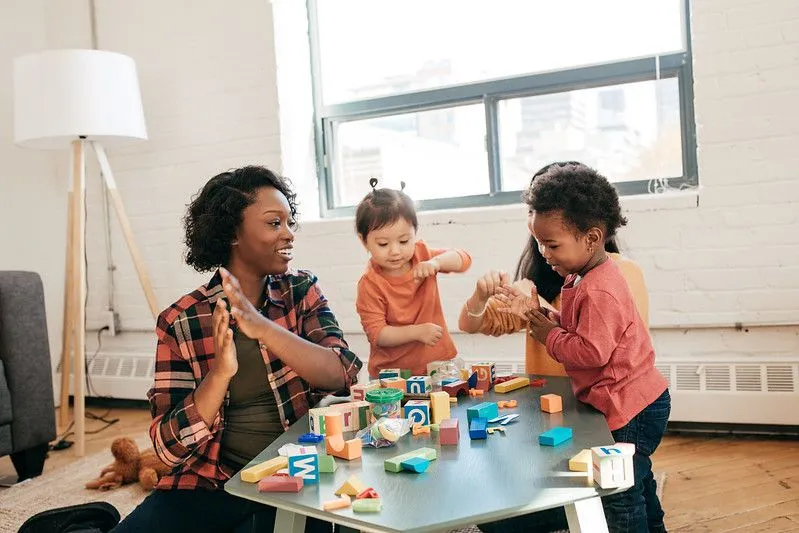FOR ALL AGES
I can honestly say that my favourite time spent at school was when we were allowed to immerse ourselves in a big project. Whether it was The Queen's Jubilee, the royal wedding, or even the ancient Egyptians, each provided a flashpoint of inspiration to let our imaginations run wild. After a combination of research, storyboards and essay writing, we would end up either making something - a hat to wear to the celebrations, our own chariots, or even a poster to advertise a celebration. Sometimes we would create a play about a famous figure and end up rewriting history. It was both magical and memorable.
However, these days, prescriptive teaching which follows the set curriculum dominates as this allows all the assessment to take place which is required by the Government. And while it serves its purpose, it's a shame to say the least, and for many reasons. While we’re in the midst of these strange times, we are presented with a real chance to ignite imagination and let the children guide us towards intellectual development. Here’s why I think it’s a great idea.

By giving children a concept or a chunk of history to build a project around you are creating the potential for multi-layered learning. You can easily cover every subject area in the timetabled day, but most importantly it all suddenly becomes interesting and relevant. The stories we take the time to dig deep into in history bring the learning alive. The measurements of a chariot and how they work, for example, demonstrates algebra at it's best. The evolution of farming around the Nile results in some serious geography boxes being ticked. All aspects of literacy are easily covered in the making of one information booklet - job done. A limitless approach to learning invites a thoughtful and expansive response in return.

In one of my last teaching jobs before I became an entrepreneur, I taught at a chocolate box village school in Didcot, Gloucestershire. The total number of pupils was 32, and that covered the age-range of four to 11. It was as challenging to teach there as the 'in measures' central Bristol school I had been in before, but the joy was much greater. Due to the requirement for such differentiation they were one of the few established project-led schools and as a result, had their own ‘Didcot curriculum’. Here’s what it entailed:

In these extraordinary and very challenging times, when our children are at home, I suggest that after they've had some exercise first thing - always a strong foundation to base happy learning around - you give them a project to focus on. You could even call it Project 19. Some suggested starting points depending on the age of your child are:
Over the next however many weeks, if you are scratching your head for something for the kids to do, give them a project. It generally starts with research, a pen and paper and a printer. It could involve old toilet roll tubes – plenty of those around right now – paints and even cooking. Maybe it leads onto songwriting, a play or a cartoon. And with today's tech at their fingertips, before you know it they will have probably made a video which would give David Attenborough a run for his money. Now, wouldn't that be something.
Read The Disclaimer
At Kidadl we pride ourselves on offering families original ideas to make the most of time spent together at home or out and about, wherever you are in the world. We strive to recommend the very best things that are suggested by our community and are things we would do ourselves - our aim is to be the trusted friend to parents.
We try our very best, but cannot guarantee perfection. We will always aim to give you accurate information at the date of publication - however, information does change, so it’s important you do your own research, double-check and make the decision that is right for your family.
Kidadl provides inspiration to entertain and educate your children. We recognise that not all activities and ideas are appropriate and suitable for all children and families or in all circumstances. Our recommended activities are based on age but these are a guide. We recommend that these ideas are used as inspiration, that ideas are undertaken with appropriate adult supervision, and that each adult uses their own discretion and knowledge of their children to consider the safety and suitability.
Kidadl cannot accept liability for the execution of these ideas, and parental supervision is advised at all times, as safety is paramount. Anyone using the information provided by Kidadl does so at their own risk and we can not accept liability if things go wrong.
Kidadl is independent and to make our service free to you the reader we are supported by advertising.
We hope you love our recommendations for products and services! What we suggest is selected independently by the Kidadl team. If you purchase using the buy now button we may earn a small commission. This does not influence our choices. Please note: prices are correct and items are available at the time the article was published.
Kidadl has a number of affiliate partners that we work with including Amazon. Please note that Kidadl is a participant in the Amazon Services LLC Associates Program, an affiliate advertising program designed to provide a means for sites to earn advertising fees by advertising and linking to amazon.
We also link to other websites, but are not responsible for their content.
Was this article helpful?



We’ll send you tons of inspiration to help you find a hidden gem in your local area or plan a big day out.



Check your inbox for your latest news from us. You have subscribed to:
Remember that you can always manage your preferences or unsubscribe through the link at the foot of each newsletter.